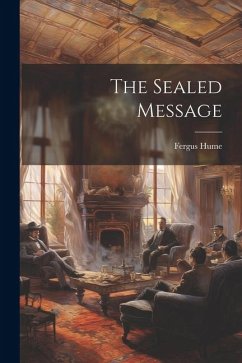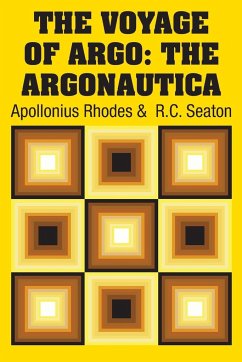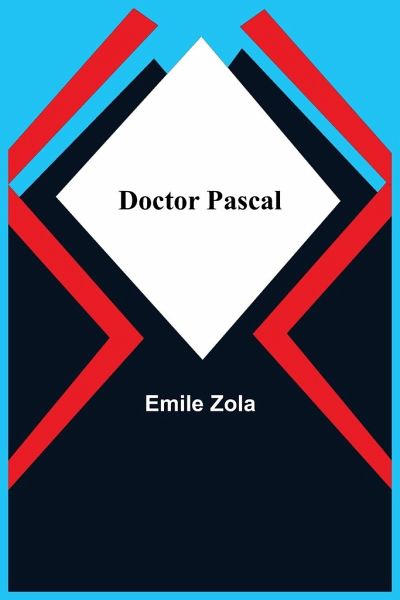
Doctor Pascal
Versandkostenfrei!
Versandfertig in 1-2 Wochen
22,99 €
inkl. MwSt.
Weitere Ausgaben:

PAYBACK Punkte
11 °P sammeln!
Doctor Pascal , is many of the old books which have been considered important throughout the human history. They are now extremely scarce and very expensive antique. So that this work is never forgotten we republish these books in high quality, using the original text and artwork so that they can be preserved for the present and future generations. This whole book has been reformatted, retyped and designed. These books are not made of scanned copies of their original work and hence the text is clear and readable.






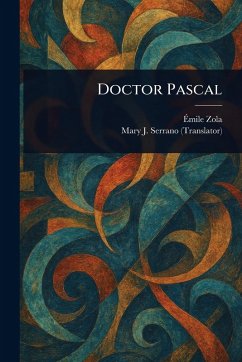
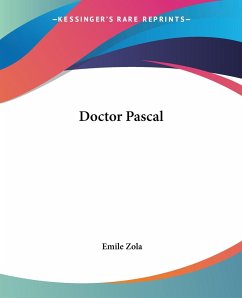
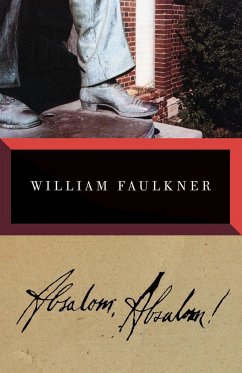


![Pascal Bruno [By A. Dumas] Ed. by T. Hook Cover Pascal Bruno [By A. Dumas] Ed. by T. Hook](https://bilder.buecher.de/produkte/68/68830/68830888n.jpg)

